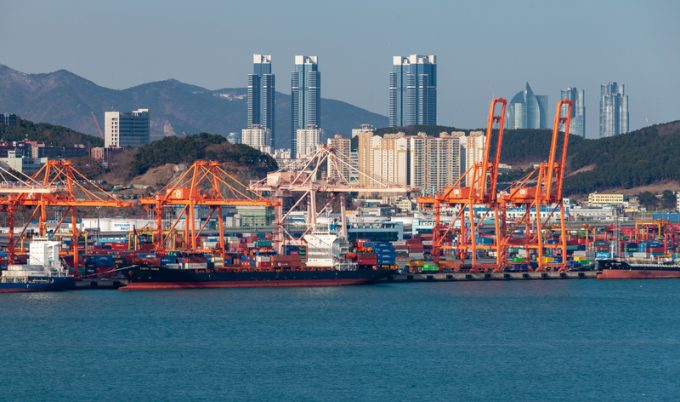Twill set for volume boost as it supports South Korean SME exports
Maersk’s under-the-radar digital freight platform, Twill, could be set to a receive a volume boost ...

South Korea president Yoon Suk-yeol is preparing another executive order to compel truckers to return to work as the 12-day strike increases in intensity.
Both sides have become more entrenched and the language increasingly confrontational, with the president comparing the strike to the threat posed by North Korea.
President Yoon issued an executive order to force cement-truck drivers to return to work last week, but compliance has been slow, despite the risk of imprisonment, fines and licence suspension.
Now the president is now ...
Asia-USEC shippers to lose 42% capacity in a surge of blanked sailings
USTR fees will lead to 'complete destabilisation' of container shipping alliances
New USTR port fees threaten shipping and global supply chains, says Cosco
Outlook for container shipping 'more uncertain now than at the onset of Covid'
Transpac container service closures mount
DHL Express suspends non-de minimis B2C parcels to US consumers
Zim ordered to pay Samsung $3.7m for 'wrongful' D&D charges
Flexport lawsuit an 'undifferentiated mass of gibberish', claims Freightmate

Comment on this article